Job interviews can be a stressful ordeal in any event, but once you reach the executive level, it’s a whole other ballgame. You’re not just trying to convince the hiring manager that you’re qualified for the position. Everyone who walks into the room is qualified, or they wouldn’t have made it this far. You need to show them that you’ll be a good fit for their company, and offer them something that the others won’t. How do you do that? It helps to be prepared. Here are a few things you can do to be ready for your executive interview.
Do Your Research
Before you go in, find out a little about the company you’re interviewing with. What are they known for? Have they been in the news recently? What kind of marketing and branding do they do? What’s their social media presence like? The more you know about the company that’s considering hiring you, the better you’ll be able to connect with them. Tell them what you like about their operation and what appeals to you about the possibility of working there. If you know the name of the person who’s going to be interviewing you, look them up as well. Not in a creepy way, of course. But find out what their history with the company is, how long they’ve been there, any awards or recognition, etc. Dropping a couple of key tidbits into the conversation can show them you’ve done your homework, as well as preparing you a bit before meeting them face to face. We live in the Information Age, so there’s no excuse for going in without knowing what you’re dealing with.
Prepare Interview Answers
This one treads a fine line. If you memorize all of your answers to standard interview questions and deliver them by rote, it won’t tell the company much about you other than that you know the standard answers to common interview questions. However, if you don’t prepare for certain questions, you could be caught off guard. If you can, reach out to someone who’s interviewed at this company in the past, and find out what it was like for them. This will give you an idea of what to expect, while still allowing you a chance to answer questions genuinely and naturally and make a real connection with the interviewer.
Be Prepared for Uncomfortable Questions
There may be a question or two for which the answer is a bit awkward. Maybe you were fired from your last job, and they want to know why. Maybe there’s a gap in your resume wherein you weren’t working. Maybe you had a run-in with the law when you were younger. Be prepared for these in advance, so that you can navigate them with ease. The most important thing to remember, though, is not to lie. The truth will come out eventually no matter what, and making excuses or shifting the blame for an unfortunate situation will just make it sound like you can’t take responsibility for your own actions. Be open and honest with them, and, if possible, include something positive that came from the experience. Most employers will appreciate your candor.
Have Questions of Your Own
At the executive level, the purpose of an interview isn’t just to have the right answers to questions. It’s an opportunity for people from the company to engage with you on a deeper level. To that end, it’s important to come in with a few questions of your own, which can show that you have a real interest in their company and its goings on. Ask something about how they do things related to your field (e.g. “Do you use an Enterprise Resource Planning platform? If so, which one, what version, etc.?”). Ask about something that interested you as you researched the company. Ask about the company culture or dynamic. Don’t overdo it, but come up with three or four good questions to ask, to show your knowledge, flexibility, and general enthusiasm.
These are just a few things you can do to prepare for an executive interview. Most important, though, is don’t be intimidated. Don’t be afraid to voice concerns, or to ask about difficult things, like salary and benefits. Remember, you’re evaluating them as much as they’re evaluating you. Show them why you’re the best person for the position, but also let them show you why their company would be the best place for you to work. Be confident, knowledgeable, and respectful, and you’ll come out just fine.






